How to Cook Vegetables to Retain Nutrients: Tips and Tricks
Cooking vegetables right is key to getting their nutritional benefits. It’s important to know how to cook them to keep their nutrients. The way you cook can greatly affect the nutrients in your veggies.
It’s easy to lose nutrients when cooking veggies. But, there are methods that help keep them in. Learning these techniques lets you enjoy your favorite dishes while keeping their nutrients intact. We’ll share tips and tricks to help you cook veggies the right way.
Table of Contents
Understanding Nutrient Loss in Vegetable Cooking
Cooking vegetables can be tricky because we want to keep their nutrients. Different ways of cooking can change how much nutrition is left in your meal. Knowing how heat, water, and other factors affect nutrients is key.
Vegetables are packed with vitamins, minerals, and other important nutrients. But, these can be lost or damaged when we cook them. Water-soluble vitamins like vitamin C and B vitamins can dissolve in water. Heat-sensitive nutrients like vitamin C and beta-carotene can also break down at high temperatures.
Types of Nutrients in Vegetables
Vegetables have many nutrients, including vitamins, minerals, and antioxidants. Some nutrients are very sensitive to heat. For example:
- Vitamin C: important for our immune system and making collagen
- Vitamin B: key for energy and nerve function
- Beta-carotene: turns into vitamin A, helping our vision and immune system
Common Causes of Nutrient Loss
To keep nutrients in vegetables, we need to know why they get lost. Common reasons include:
- Overcooking: too much heat can damage delicate nutrients
- Using too much water: can wash away water-soluble vitamins
- Bad storage: can cause nutrients to spoil over time
By knowing what nutrients are in vegetables and why they get lost, we can choose better cooking methods. This helps keep more nutrients in our food and makes it healthier.
The Science Behind Nutrient Retention in Vegetables
Understanding how to keep nutrients in vegetables is key for healthy vegetable preparation. When cooking veggies, we aim to keep as many nutrients as we can. Different ways of cooking can greatly change how much nutrition is left in veggies. For example, vitamins like C and B are lost in water when cooking. But vitamins A, D, E, and K stay more stable and are less lost during cooking.
To keep veggies as nutritious as possible, think about cooking times and temperatures. Shorter cooking times and lower heat help keep more nutrients. Steaming is a top choice because it uses little water and heat. Knowing the science behind keeping nutrients in veggies helps you cook them better to get the most nutrition.
Some important tips for healthy vegetable preparation include:
- Cooking method: Steaming, roasting, and grilling are better than boiling or frying.
- Cooking time: Shorter cooking times keep more nutrients.
- Temperature: Lower temperatures reduce nutrient loss.
By following these tips, you can enjoy your favorite veggies while getting the most nutritional benefits. The secret to nutrient retention in vegetables is to cook them in a way that saves as many nutrients as possible. This makes healthy vegetable preparation easy and fun.
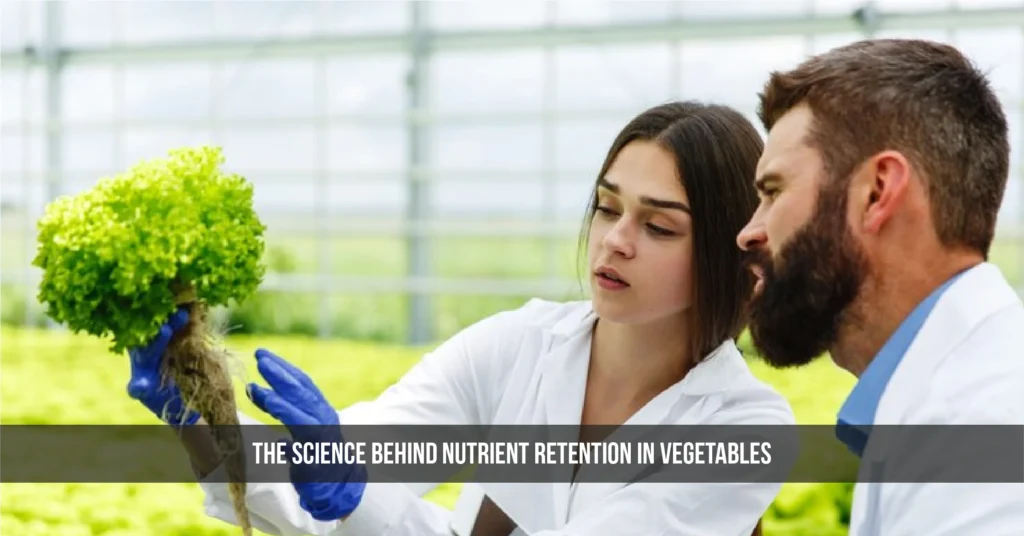
Best Ways to Prepare Vegetables Before Cooking
To get the most out of your vegetables, it’s key to prepare them right before cooking. This means more than just washing and chopping. By using the best ways to cook vegetables, you can keep nutrients and flavors intact. Proper preparation is crucial for this.
When prepping vegetables, start by washing them well. This removes dirt, bacteria, and pesticides. This simple step cuts down on contamination risk and keeps natural nutrients in the vegetables.
Proper Washing Techniques
Wash your vegetables with cold running water. Gently scrub firm-skinned produce like potatoes and carrots. For leafy greens like spinach and lettuce, soak them in cold water to loosen dirt, then rinse well. This method is great for preserving delicate nutrients.
Cutting Methods That Preserve Nutrients
Cut your vegetables just before cooking to keep nutrients from being lost. Use a sharp knife for clean cuts. Cut on a stable surface to avoid accidents. These cutting methods help keep nutrients in your vegetables, making them a healthy part of your diet.
How to Cook Vegetables to Retain Nutrients: Core Principles
Cooking vegetables right is key to keeping their nutrients. To do this, you must know the basics of optimal vegetable cooking methods. It’s important to cook them quickly and use just the right amount of water. This helps save the delicate nutrients in veggies.
Steaming, stir-frying, and roasting are top choices for cooking veggies without losing nutrients. These methods cook veggies fast and keep their natural flavors and textures. By using these how-to-cook vegetables without losing nutrients techniques, you can enjoy your favorite veggies while keeping their nutritional value.
Here are some key takeaways to keep in mind:
- Choose the right cooking method for the type of vegetable you are using
- Keep cooking times short to prevent overcooking
- Use minimal amounts of water to prevent nutrient loss
By following these core principles and using optimal vegetable cooking methods, you can ensure that your vegetables retain their nutrients and flavor. This will not only make your meals more enjoyable but also provide you with the nutrients you need to stay healthy.
| Cooking Method | Nutrient Retention |
|---|---|
| Steaming | High |
| Stir-frying | Medium-High |
| Roasting | Medium |
Steaming: The Ultimate Nutrient-Preserving Method
Steaming is a top choice for keeping vegetables full of nutrients. It helps keep the veggies’ flavor, texture, and nutrients intact. To steam veggies well, you need to know the right techniques.
Proper Steaming Techniques
You’ll need a steamer basket that fits into a pot with a lid. Fill the pot with a little water, making sure it’s below the basket. Boil the water, then lower the heat to simmer.
Put the veggies in the steamer basket. Cover the pot with a lid. Steam for the time recommended for your veggies.
Optimal Steaming Times
Steaming time changes with the veggie type. Here are some times to keep in mind:
- Broccoli: 3-5 minutes
- Carrots: 5-7 minutes
- Green beans: 4-6 minutes
Equipment Recommendations
For the best results, use a stainless steel or silicone steamer basket. Stay away from aluminum or copper baskets. They can change the taste and texture of your veggies. You can also use a microwave-safe steamer or an electric steamer for easier use.
| Vegetable | Steaming Time | Nutrient Retention |
|---|---|---|
| Broccoli | 3-5 minutes | 90-95% |
| Carrots | 5-7 minutes | 85-90% |
| Green beans | 4-6 minutes | 90-95% |
By following these tips and using the right tools, you can make tasty and healthy steamed veggies. This is one of the best ways to cook veggies and keep their nutrients.
Quick-Cooking Methods for Maximum Nutrition
Quick-cooking methods are great for keeping nutrients in vegetables. Stir-frying and sautéing cook veggies fast, saving their nutrients. It’s key to use the right heat and time to do this.
Quick-cooking has many benefits:
- Locked-in flavors and textures
- Preserved nutrients, especially water-soluble vitamins like vitamin C and B vitamins
- Reduced cooking time, which helps retain the natural colors and crunch of the vegetables
To get the most from quick cooking, use a little oil and cook over medium-high heat. This balance helps cook veggies well without losing nutrients. By using these methods, you’ll enjoy nutritious meals while keeping veggies’ nutrients.
| Cooking Method | Nutrient Retention | Cooking Time |
|---|---|---|
| Stir-frying | High | 2-3 minutes |
| Sautéing | Medium-High | 3-5 minutes |
Follow these tips and use the right quick-cooking methods. You’ll enjoy tasty and healthy meals with veggies’ nutrients intact.
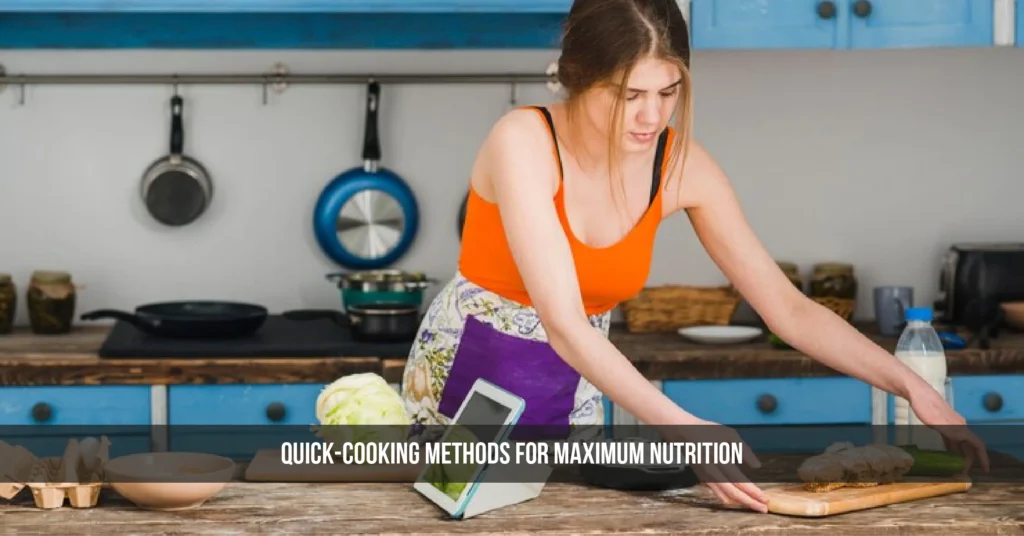
Water-Based Cooking Techniques
Using water-based cooking methods can help keep nutrients in vegetables. It’s important to know the best ways to cook veggies without losing their goodness. This way, you can keep your meals healthy and full of nutrients.
To cook veggies well, use less water and use it wisely. Techniques like blanching and boiling are good for this.
Blanching Benefits
Blanching involves quickly boiling veggies and then cooling them down fast. This keeps their color, texture, and nutrients intact.
It’s also key to boil veggies correctly.
Proper Boiling Methods
To boil veggies right, use the right amount of water and don’t overcook them. Here are some tips:
- Use a large pot with a lid to keep heat and steam in.
- Fill the pot with just enough water to cover the veggies.
- Bring the water to a boil, then lower the heat to a simmer.
- Cook the veggies for 3-5 minutes, as recommended.
By following these tips and using water-based cooking, you can keep veggies nutritious. Always use the cooking liquid, as it’s full of nutrients.
| Cooking Method | Nutrient Retention |
|---|---|
| Blanching | High |
| Boiling | Medium |
| Steaming | High |
Dry-Heat Cooking Methods for Vegetables
Looking for the best ways to cook veggies? Dry-heat methods like roasting and grilling are top choices. They keep veggies’ natural flavors and textures intact.
Benefits of dry-heat cooking include:
- Retaining nutrients: Dry-heat cooking saves the nutrients in veggies, especially vitamins C and B.
- Enhancing flavor: Roasting and grilling make veggies sweeter and more flavorful.
- Easy to prepare: These methods are simple and perfect for busy nights.
To make the most of dry-heat cooking, use the right techniques. For instance, roasting veggies in the oven with olive oil and salt enhances their taste. Grilling them over medium heat adds smokiness and tenderness. These methods ensure your veggies are both tasty and nutritious.
Microwave Cooking: A Surprising Nutrient Preserver
Cooking methods greatly affect how well nutrients stay in vegetables. Some methods can cause a loss of nutrients, but others help keep them. Microwave cooking is one such method that can preserve nutrients in vegetables, making it a good choice for cooking healthy veggies.
To get the most out of microwave cooking, it’s key to follow best practices. This means using the right amount of water, cooking at the right power level, and not overcooking the veggies. By doing this, you can keep the nutrients in your veggies and enjoy a healthy meal.
Best Practices for Microwave Cooking
- Use a microwave-safe container to avoid the risk of chemicals leaching into your food.
- Cook at the right power level to avoid overcooking, which can lead to a loss of nutrients.
- Use the right amount of water to help retain moisture and nutrients in the vegetables.
Time and Power Settings Guide
The secret to preserving nutrients in veggies with a microwave is to cook them for the right time and power. A good rule is to cook veggies on high for 2-3 minutes, or until they’re tender but still crisp. By following these guidelines and using microwave cooking, you can keep the nutrients in your veggies and enjoy a healthy meal.
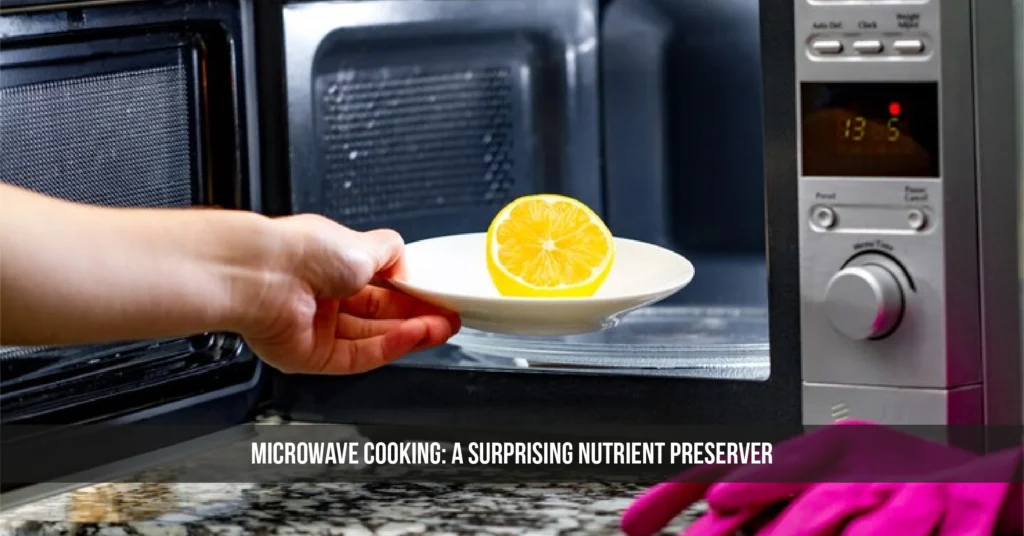
Storage Tips to Maintain Nutrient Content
Proper storage is key to keeping nutrients in cooked veggies. Keeping veggies in a cool, dry spot before cooking is a must. This stops moisture from building up and losing nutrients.
Here are some tips for storing veggies before cooking:
- Keep veggies away from direct sunlight and heat sources.
- Store them in breathable bags or containers to maintain airflow.
- Refrigerate veggies at a consistent temperature below 40°F (4°C) to slow down nutrient degradation.
Leftover Storage Guidelines
After cooking, it’s important to store leftovers right to keep nutrients. Cool leftovers quickly to stop bacteria from growing. Refrigerate or freeze them within two hours of cooking. When reheating, use gentle heat to protect delicate nutrients. These storage tips help you enjoy healthy veggies while keeping their nutritional value.
Common Mistakes That Destroy Nutrients
When cooking veggies, many mistakes can lead to lost nutrients. Knowing these mistakes is key to cooking vegetables without losing nutrients. Overcooking is a big one, as it makes vitamins like C and B vitamins go into the water.
Using too much water is another mistake. Instead, try steaming or stir-frying. These methods keep more nutrients in the veggies. Here are some tips to remember:
- Use the right amount of water: Too much water can lead to nutrient loss, so use just enough to cover the vegetables.
- Don’t overcook: Cook vegetables until they’re tender but still crisp to preserve nutrients.
- Use gentle heat: High heat can destroy delicate nutrients, so use lower heat settings when cooking.
By following these tips, you can cook vegetables without losing nutrients. The goal is to use optimal vegetable cooking methods that keep nutrients and flavor intact.
Conclusion:
Proper cooking techniques are key to keeping nutrients in your veggies. By learning about nutrient loss and using the tips here, you can enjoy your plant-based meals fully.
Steaming and quick cooking are great for keeping vitamins and minerals in your food. Try to avoid overcooking and using high heat. This way, you’ll get the most nutritional value from your veggies.
Make these cooking tips a part of your daily routine. You’ll create meals that are both healthy and tasty. Proper cooking of vegetables is good for your health.
Also Read: Boost Your Health: Add Healthy Fats to Your Diet Today
FAQs
What are the best cooking methods to retain nutrients in vegetables?
Steaming, stir-frying, and roasting are among the best methods to preserve nutrients, as they minimize water and heat exposure, which can degrade vitamins and minerals.
How does overcooking affect the nutritional value of vegetables?
Overcooking can lead to significant nutrient loss, especially for water-soluble vitamins like vitamin C and B vitamins, which can leach into cooking water or break down under high heat.
Can microwaving vegetables help retain their nutrients?
Yes, microwaving is a surprisingly effective method for preserving nutrients, as it uses minimal water and shorter cooking times, reducing the risk of nutrient loss.
What are some common mistakes to avoid when cooking vegetables?
Avoid overcooking, using too much water, and exposing vegetables to high heat for extended periods, as these practices can destroy delicate nutrients.
How should I store cooked vegetables to maintain their nutrient content?
Store cooked vegetables in airtight containers in the refrigerator and reheat them gently to preserve their nutritional value. Avoid leaving them at room temperature for too long.
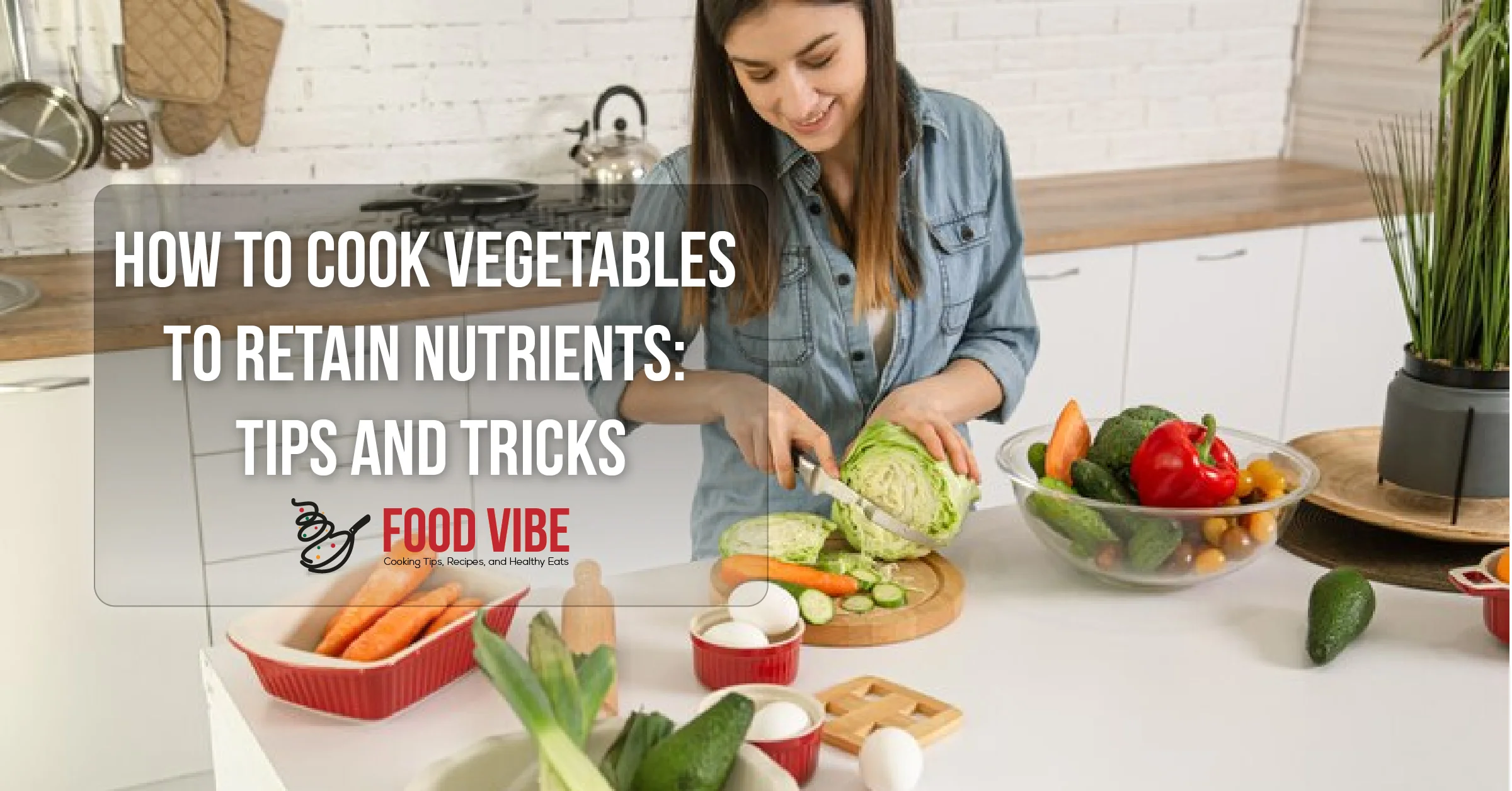

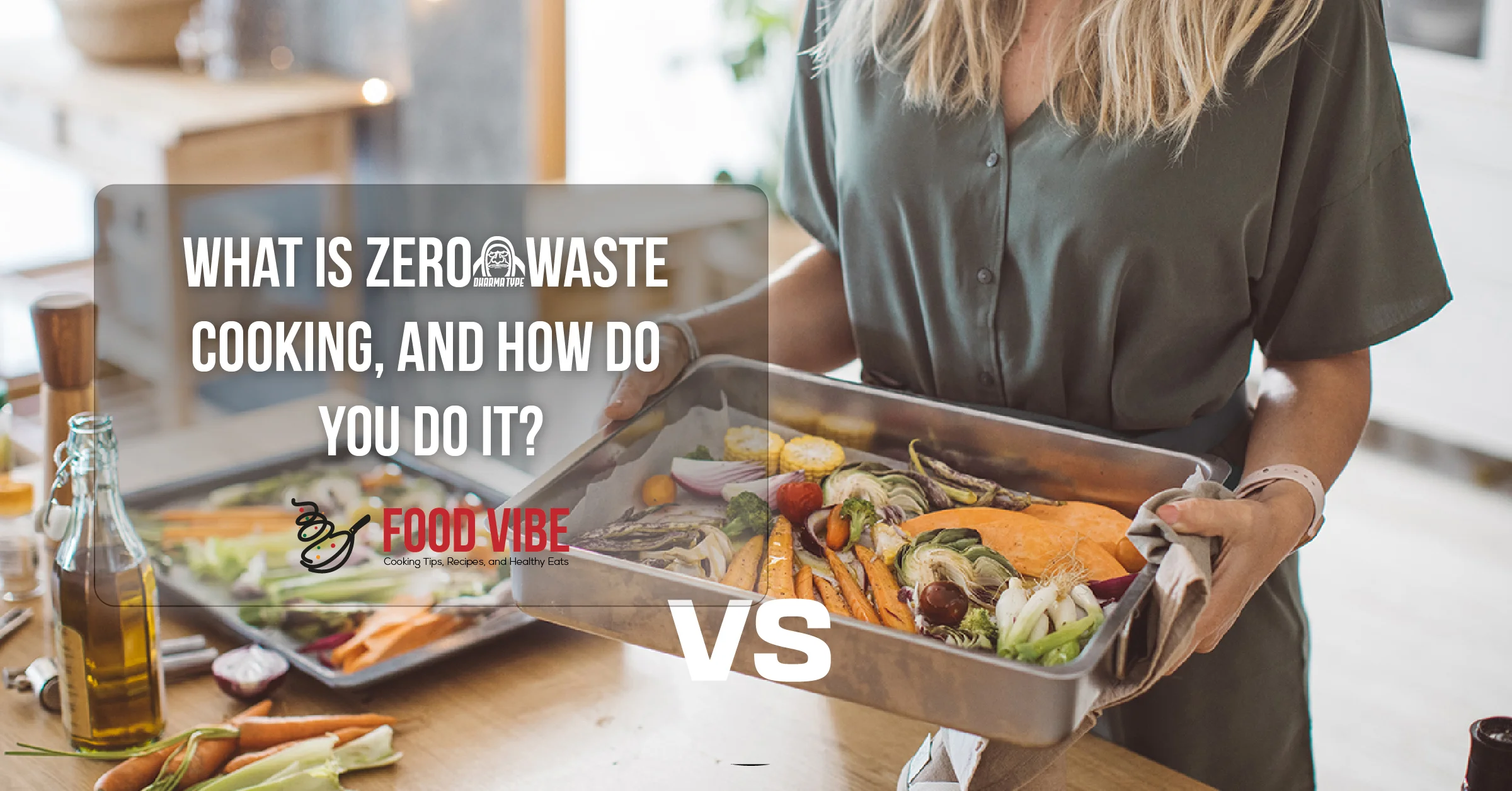
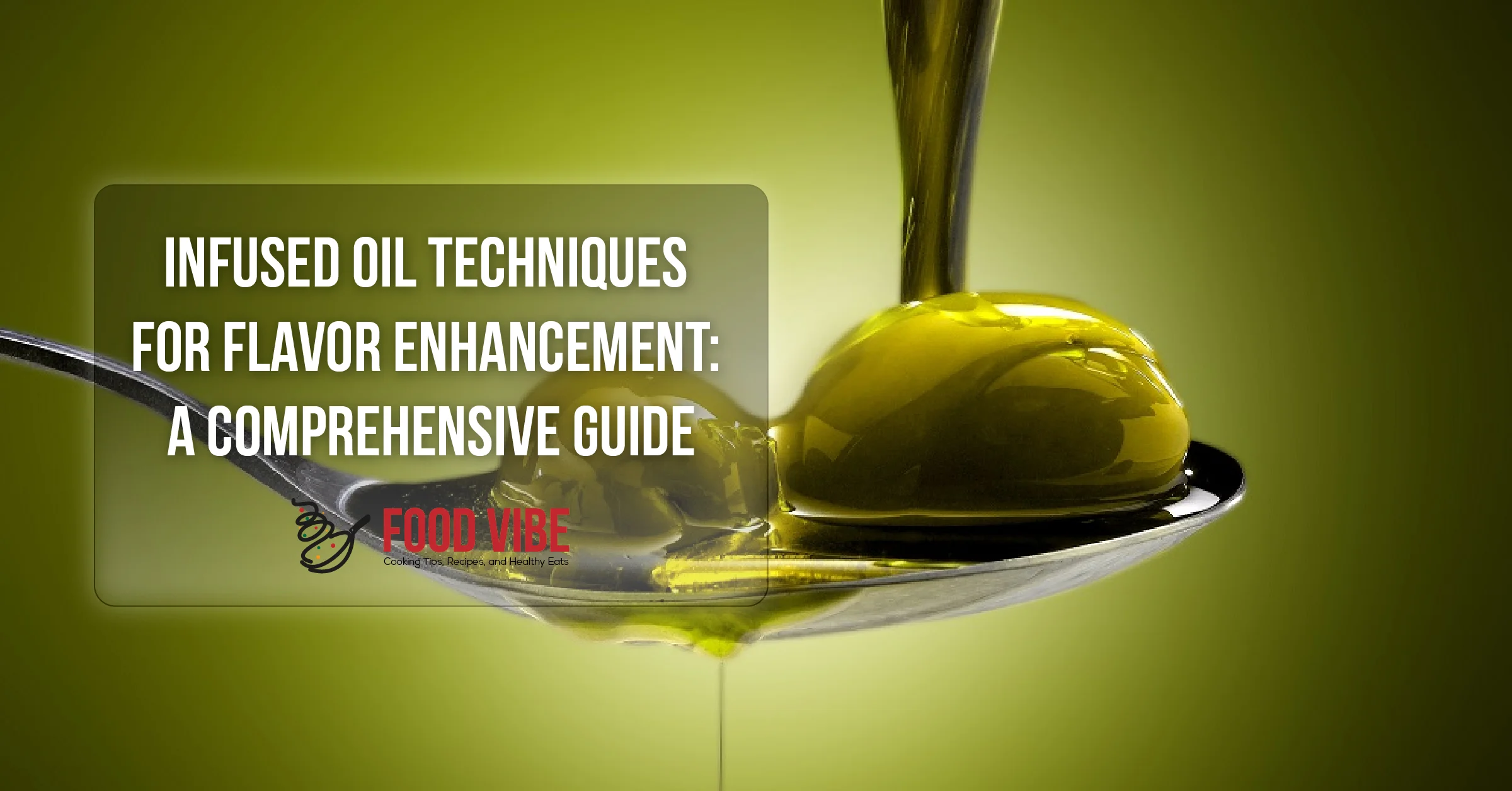

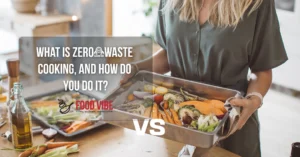


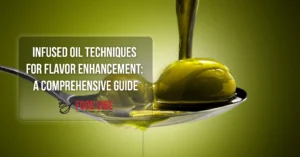



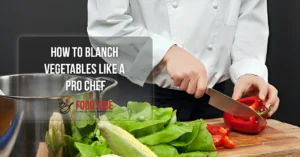

Post Comment